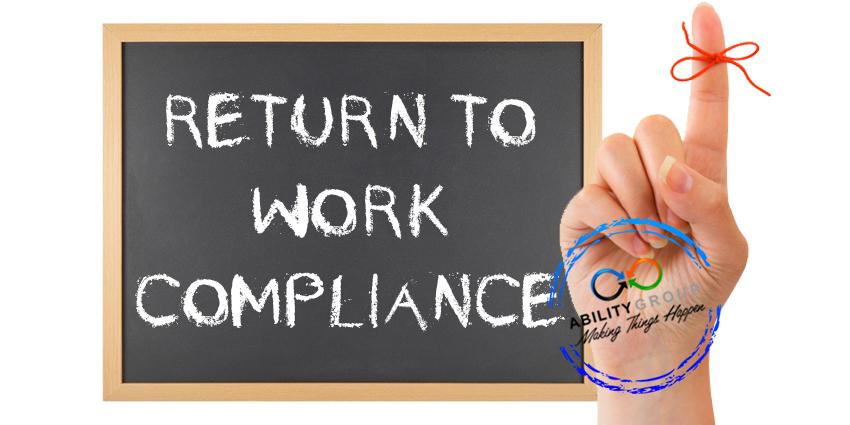
by ABILITY GROUP | Jun 6, 2019 | Claim costs, Premium, Workers Compensation
Workers’ compensation in New South Wales (NSW) has traditionally focused on physical injuries. However, psychological injury claims have doubled in the past six years, reflecting greater awareness of mental health and workplace stress. This has led to a sharp increase in medical and psychological payments, placing pressure on the NSW Nominal Insurer (icare) and the businesses that fund the scheme.
(more…)

by ABILITY GROUP | May 28, 2019 | Wage Audits
Compliance Monitoring Audits conducted by Fair Work Ombudsman in NSW, Victoria & Queensland has recovered more than $580,000 in unpaid wages following a number of audits that uncovered employer’s non-compliance with Australia’s workplace laws.
(more…)

by Marc Ring | May 6, 2019 | Work Health & Safety, Workers Compensation
Early intervention practices can foster a happy & healthy workplace. Responding early to incidents or situations, can help prevent workers from becoming ill, taking long-term sick leave or submitting a workers compensation claim. Policies & procedures also play an important role.
(more…)

by ABILITY GROUP | May 3, 2019 | Hazardous Manual Tasks, Injury Management, Injury Prevention, Uncategorized
Hazardous manual tasks are the most common causes of workplace injuries with 29% of injuries at work relating to manual handling. We wanted to provide businesses with some key tips that can help you reduce the likelihood of injuries in your workplace.
(more…)

by Marc Ring | Apr 29, 2019 | Injury Management
[REMINDER] State Insurance Regulatory Authority (SIRA) updated NSW Return to Work (RTW) guidelines back in May 2017. NSW businesses were granted a 2 year period to become compliant & must ensure NSW RTW compliance before 31 May 2019.
(more…)

by ABILITY GROUP | Feb 22, 2019 | Workers Compensation
Accessing worker medical records in Australia is a sensitive issue. Employers may need medical information to assess fitness for work, manage workplace safety, or process workers’ compensation claims. However, privacy laws and employee rights place clear limits on what can be requested and how records are handled.
(more…)





